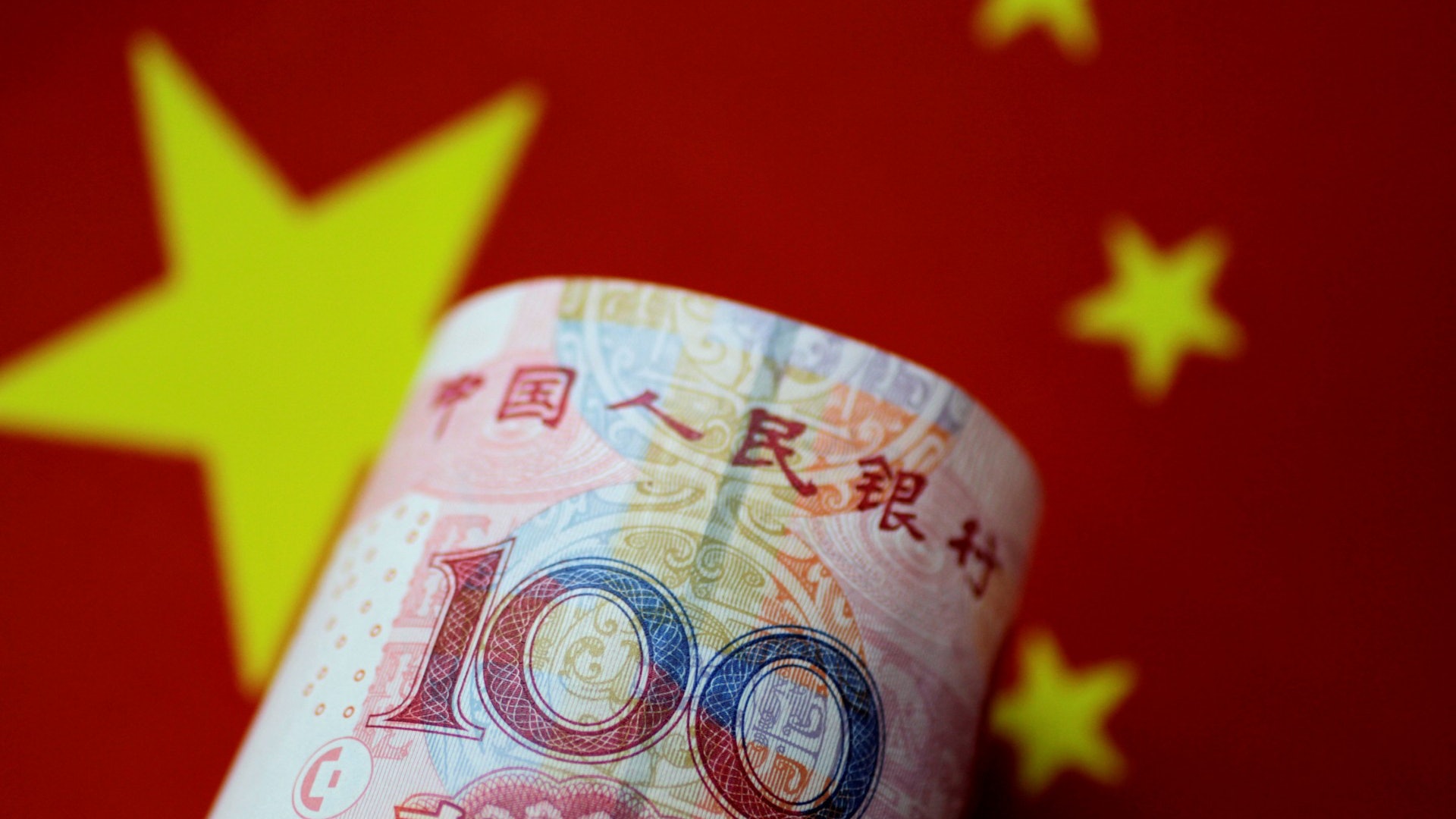Recently, the depreciation of the Renminbi has approached the “7 calculation”. Sheng Songcheng, the former head of the Survey and Statistics Division of the former People’s Bank of China, who is the important psychological barrier of the RMB, and now a professor at the China Europe International Business School, said that the exchange rate flexibility and the exchange rate of the RMB will be strengthened. Basically stable, there is no contradiction between the two.
Enhancing RMB flexibility and maintaining exchange rate stability are not contradictory
Sheng Songcheng said in an interview with CBN that the recent increase in the flexibility of the RMB exchange rate mentioned by the PBOC is a medium- and long-term exchange rate regime to effectively counter external shocks, maintain the independence of China’s monetary policy, and make monetary policy more Operating space, not acquiescence, encourages exchange rates to fluctuate significantly in the short term.”
As for keeping the exchange rate basically stable, Sheng Songcheng said that “it is beneficial to the operation of the real economy, and it is also conducive to the stability of the financial market, because it can make the real economy and financial markets have stable exchange rate expectations and reduce the interference of investment-based factors.”
Not seeking competitive devaluation is often worth the loss
Asked that the exchange rate can boost the economy to offset external shocks, but at the same time China has repeatedly indicated that the RMB exchange rate will not be a means. Sheng Songcheng’s solution says that it is not advisable to boost the economy or hedge external shocks by depreciation. The second emphasis will not seek a “competitive depreciation.”
He said that the sharp depreciation of the exchange rate is often not worth the loss. First, the pressure of capital outflows has increased, which not only damages the image of the big country, but also makes it easier to escalate trade frictions. Second, net exports contribute very little to China’s economic growth. Although depreciation can boost exports, it is not conducive to enterprises to improve product quality and competitiveness.
Moreover, the depreciation of the renminbi makes foreign goods more expensive and is not conducive to China’s import of foreign products.
In the long run, it will not hold on to “7 counts”.
Sheng Songcheng also said that in the long run, the renminbi should be appreciated, and the current stable exchange rate expectation is crucial because market sentiment will affect short-term capital flows.
As regards “7 calculations”, he said that at present, there is no basic factor in the “breaking of the 7” in the renminbi. The current failure to “break the 7” is not due to the insistence on a certain point, but is determined by various factors at home and abroad.












